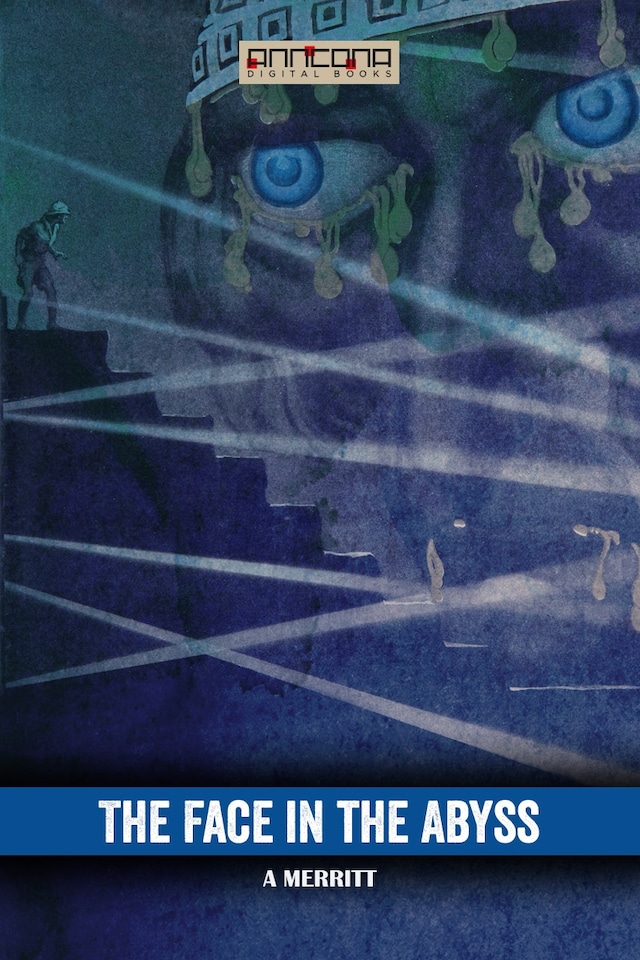
The Face in the Abyss
Tietoa kirjasta
The Face in the Abyss is a fantasy novel by A. Merritt, originally published 1931.
An American mining engineer on a prospecting expedition in South America stumbles across a lost civilization. A culture both more barbarous than our own and more civilized; more advanced and yet in some ways primitive. This lost world also contains lost animals, including several varieties of dinosaurs, as well as unimaginable creatures. Is it a strange and highly advanced technology, or magic, that is responsible for the wonders of this land? Naturally our engineer meets a beautiful young woman, and they fall in love. But his arrival triggers an epic battle between the Snake Mother and her arch-rival, Nimir.
The novel in this edition is composed of a novelette with the same title and its sequel, "The Snake Mother". It was first published in its complete form in 1931 by Horace Liveright. The novelette "The Face in the Abyss" originally appeared in the magazine Argosy All-Story Weekly in the September 8, 1923 issue. "The Snake Mother" was originally serialized in seven parts in Argosy beginning with the October 25, 1930 issue.
Abraham Merritt (1884-1943), is one of the forgotten masters of weird fiction. His work ranges from horror (Burn Witch Burn) to epic fantasy (The Ship of Ishtar). His writing could be described as a blend of dark fantasy and the 19th century tale of adventure in the style of H. Rider Haggard, with a dash of the Conan Doyle of the Professor Challenger stories. Merritt's stories typically revolve around conventional pulp magazine themes: lost civilizations, hideous monsters, etc. His heroes are gallant Irishmen or Scandinavians, his villains treacherous Germans or Russians and his heroines often virginal, mysterious and scantily clad. What sets Merritt apart from the typical pulp author, however, is his lush, florid prose style and his exhaustive, at times exhausting, penchant for adjective-laden detail. Abraham Grace Merritt was inducted in The Science Fiction and Fantasy Hall of Fame in 1999, its fourth class of two deceased and two living writers.
 Abraham Merritt
Abraham Merritt 319 Sivua
319 Sivua